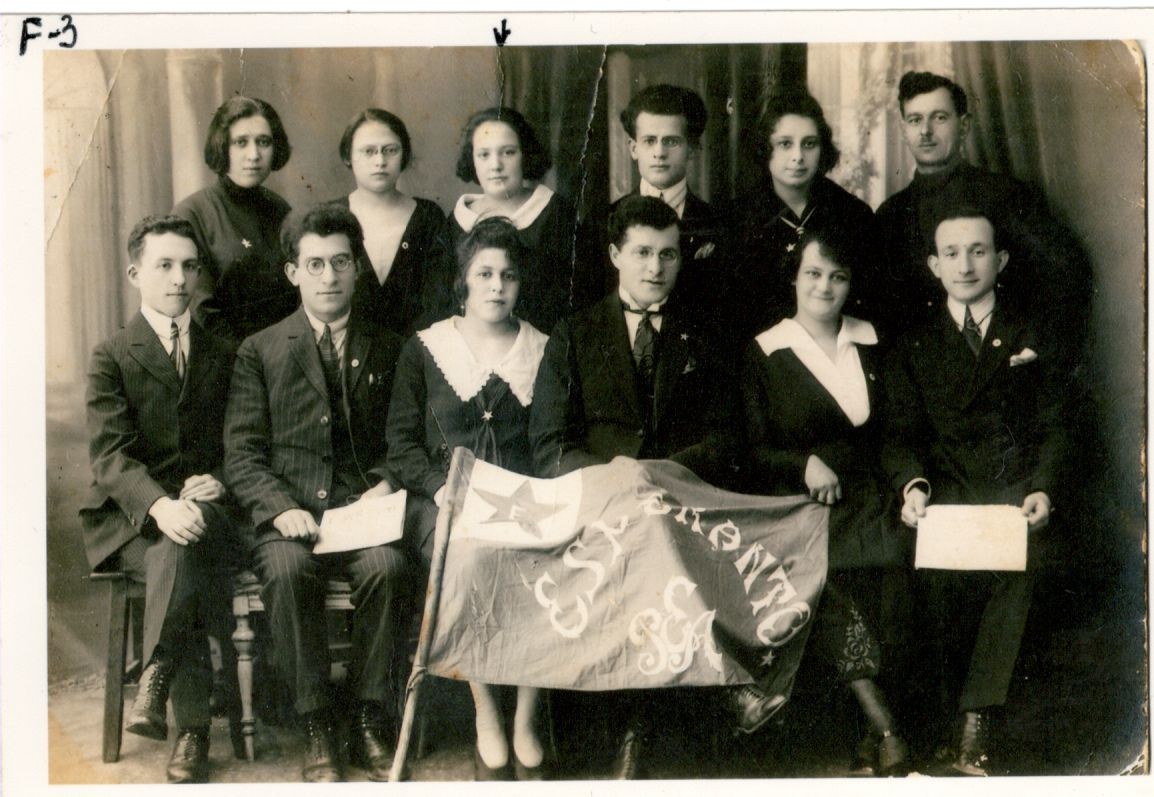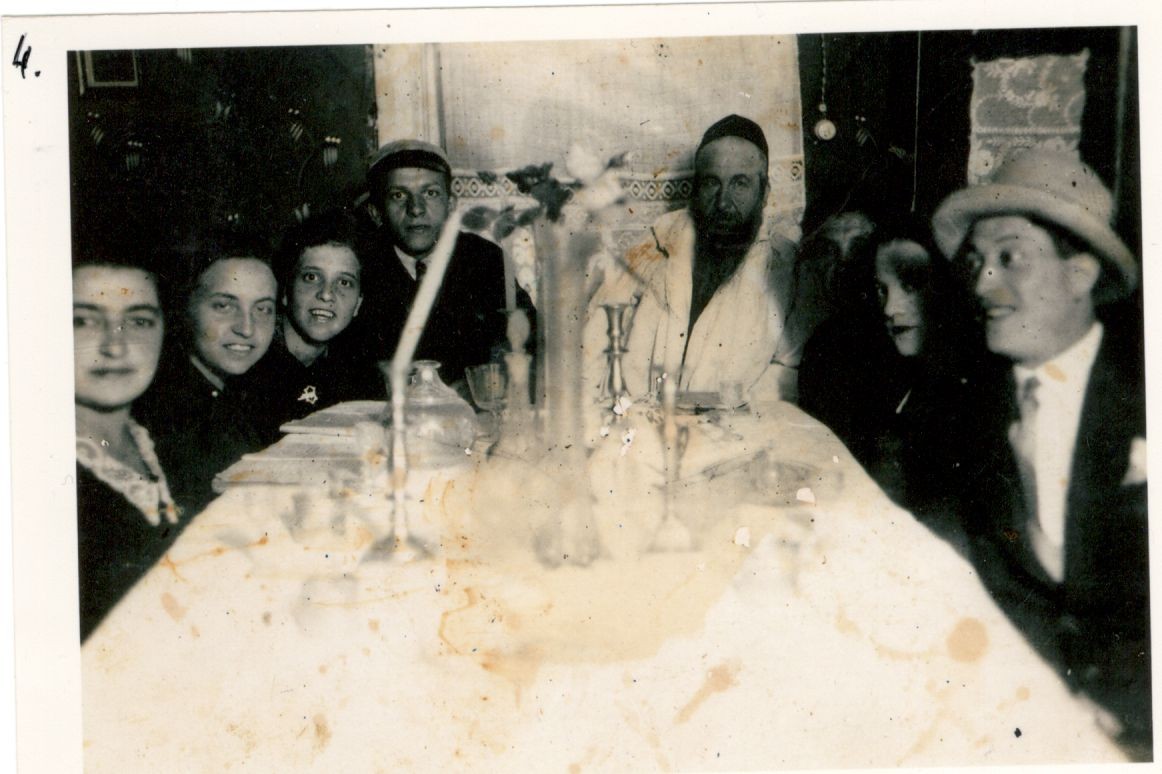The event was attended by Gennady Kofman, chairman of the Jewish community of Panevėžys, who on behalf of Faina Kukliansky, the chairwoman of the Lithuanian Jewish (Litvak) community, congratulated all those present and wished success in the work of the congress. In his speech, G. Kofman also reviewed and presented the book “Looking into the past: the history and legacy of the Jews of Panevėžys”. It was recalled that the first Esperantists in Panevėžys were Jews and their important contribution to Esperanto activities was noted.
Vida Kulikauskienė, the president of Panevėžys Esperanto Club “Revo”, introduced a brief history of the 100th anniversary of the Panevėžys Esperanto Club. She said that Aleksandras Dambrauskas (Adomas Jakštas), who is considered the pioneer of the Esperanto language in Lithuania, could have given the very beginning.
In 1887, Ludwig Lazar Zamenhof published the first book about the international language “International Language: Introduction and Complete Textbook”. Followers of this language soon appeared in Lithuania as well.
V. Kulikauskienė gave a detailed overview of the interwar period, in which Jewish people were particularly active. She said that the first society was founded in 1923, and the longest at the helm of the Panevėžys Esperanto Society was Jokūbas Kanas, who was elected chairman of the Society’s board in 1932 and led the Society until his death in 1941.
The consequences of World War II for the Esperanto movement and activities in the post-war period were recalled. It was noted that the war took the lives of many Panevėžys Esperantists, and the society itself was banned.
In Panevėžys, this language began to recover only in 1956, thanks to the Esperantist Juozas Kazlauskas, who, having gathered the remaining pre-war Esperantists, devoted his main efforts to teaching the language.
Participants of the Panevėžys Esperanto Club with their flag in 1930. Above is the daughter of Rabbi Abraham Grinberg, Anni Grinberg, the only survivor of the Grinberg family during the Holocaust / Photo © Panevėžys Jewish Community.

Panevėžys Esperanto Club in historical photos / Photo © Panevėžys Jewish Community.


